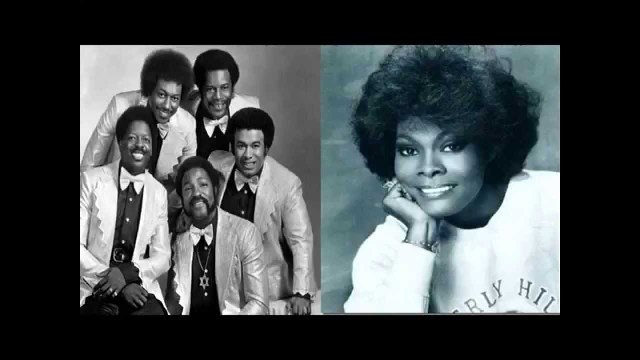 I was asked to describe the difference between soul music and rhythm and blues. Paraphrasing Potter Stewart, I know it when I hear it. But I indeed could not define it.
I was asked to describe the difference between soul music and rhythm and blues. Paraphrasing Potter Stewart, I know it when I hear it. But I indeed could not define it.
The site Music Fans indicates: “R&B (rhythm and blues) was a term popularized by the music charts coining as a way of describing Black-oriented radio hits without specifically referencing race. Over the course of the 80 years, the term has been in use, it has described many very different types of music. Its primary use has always been the contemporary music popular among black Americans.
“Starting in the 80s, hip-hop became the dominant musical genre in the Black American community, leading R&B to be redefined as the contemporary black music that was NOT hip-hop. In the 90s, that sound was heavily influenced by ‘neo-soul,’ a revival of the soul sound, but with modern influences.”
Conversely, Masterclass suggests that “various genres of popular Black-pioneered music—gospel, blues, R&B, and forms of jazz—are often grouped together in a category known as soul music.”
So is soul a subset of rhythm and blues or vice versa? I dunno. Sweet Soul Music – Arthur Conley (1967) from Atlantic Rhythm and Blues, 1947-1974, a collection I recommend.
By the book
I have the book edited by the late, great Joel Whitburn called Top R&B/Hip-Hop Singles. It notes the synopsis of Billboard’s R&B Singles Charts. From 1942 to 1945, it was the Harlem Hit Parade. 1945 introduced the term Race Records with multiple charts for Juke Box and Best Sellers; this was also true for pop songs.
By 1949, the term was Rhythm & Blues. From 1952 to 1956, it used no designation at all, but it was understood. By 1956, R&B was the nomenclature, with multiple charts ending on 13 October 1958.
From 11/30/63 to 1/23/65, there was no Billboard chart in this category. It is thought that the magazine believed the R&B and pop charts were too similar.
I perused another Joel Whitburn book, Across the Charts: The 1960s. The Supremes dominated both the Billboard pop charts and the Cash Box R&B charts, which he used instead of Billboard.
But the Beatles never had a soul hit in the sixties. And some of the black artists of 1964, such as Solomon Burke, Jerry Butler, Ray Charles, Sam Cooke, and even the Temptations, had songs that did considerably better on the R&B charts than the pop charts.
When Billboard returned to precisely charting the category, they used Rhythm and Blues or R&B from 1965 to August 1969, when they chose Soul. In June 1982, it became Black, then in October 1900, R&B again. Finally, in December 1999, the category was R&B/Hip-Hop.
We want the funk
The conversation was initiated when I played the album Head Hunters by Herbie Hancock this month. I described how musically eclectic Hancock was and noted the funk elements of, e.g., Chameleon.
So what’s funk? I think, “Can’t you feel that bottom?” But okay, a definition: “a style of popular dance music of African American origin, based on elements of blues and soul and having a strong rhythm that typically accentuates the first beat in the bar.”
And rock and roll was built on country music and R&B. This is why I organize my music by artist, not the category. I won’t even get into jazz…






